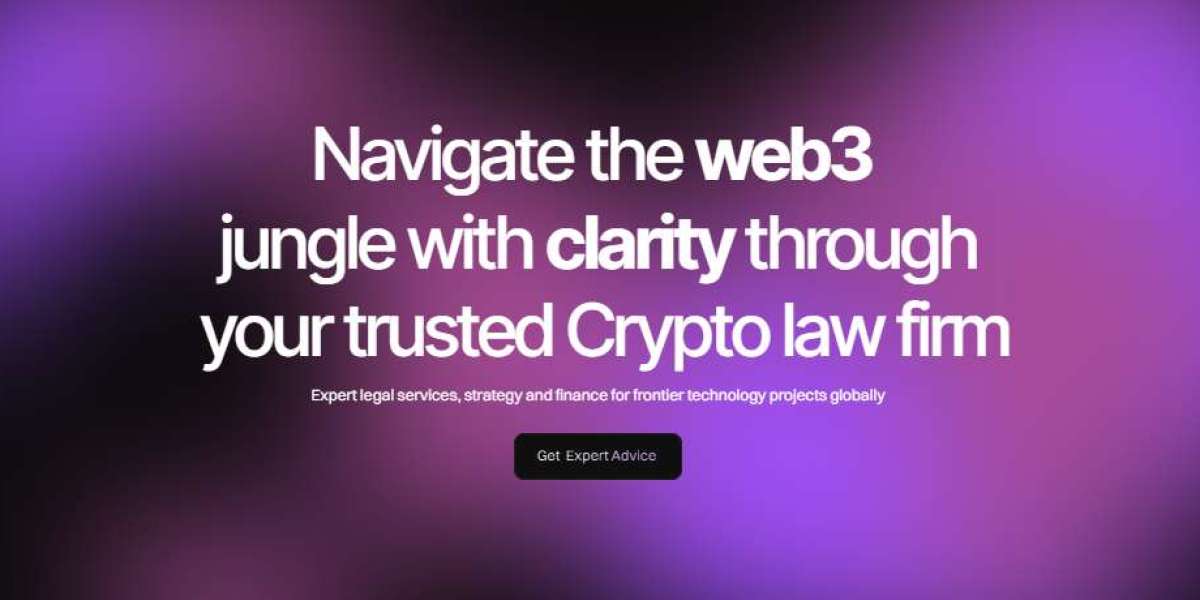The emergence of decentralized autonomous organizations (DAOs) and token economies has catalyzed a new wave of innovation in digital governance, finance, and community ownership. However, as the decentralized ecosystem matures, legal and regulatory scrutiny intensifies. One critical intersection where innovation meets compliance is token licensing DAO and token licensing , especially as it pertains to DAOs.
This article explores the evolving relationship between DAOs and token licensing, examining the legal frameworks, operational strategies, and future challenges that decentralized communities face.
What Is a DAO?
A Decentralized Autonomous Organization (DAO) is a blockchain-based structure where governance is distributed among token holders, rather than a centralized board or executive team. Rules are encoded into smart contracts, and decisions—from treasury allocation to protocol upgrades—are made through collective voting.
DAOs promise a new model of transparent, permissionless, and global coordination. From investment collectives like The LAO to protocol governance platforms like Uniswap DAO, this new paradigm enables decentralized decision-making with programmable logic.
However, despite their innovative structure, DAOs still operate in a legal gray area. One of the most pressing issues? Token licensing.
The Role of Tokens in DAOs
Tokens are the lifeblood of DAOs. They usually fall into two categories:
Governance tokens – Give holders the right to vote on proposals.
Utility tokens – Allow users to access certain features or services within the ecosystem.
In many DAOs, tokens serve a dual purpose—facilitating participation and incentivizing behavior. However, regulators have started asking whether some tokens, especially governance tokens, function similarly to traditional securities or commodities. That’s where token licensing becomes crucial.
Token Licensing: A Brief Overview
Token licensing refers to the legal frameworks and agreements that define how tokens can be issued, sold, and used—typically to ensure compliance with securities laws, consumer protection laws, and anti-money laundering (AML) regulations.
Licensing a token can involve:
Classifying the token’s legal nature (security, utility, payment, hybrid)
Registering with financial authorities (e.g., the SEC in the U.S.)
Obtaining exemptions (like Reg D, Reg A+, or Reg CF)
Drafting clear terms of use and whitepapers
For DAOs, token licensing isn't just about compliance. It also builds credibility, facilitates partnerships, and opens access to traditional capital.
Legal Risks Without Proper Licensing
Launching or distributing a token without proper licensing or disclosure can lead to severe consequences, including:
Regulatory enforcement actions
Civil lawsuits by token holders
Banking restrictions and delistings
Reputational damage
A prime example is the SEC’s 2023 lawsuit against various crypto projects for offering unregistered securities in the form of governance tokens. Although many DAOs claim decentralization, regulators often evaluate the "real-world" control dynamics—who's making decisions, who’s profiting, and how tokens are distributed.
Token Licensing Strategies for DAOs
DAOs must navigate legal complexity while maintaining their decentralized ethos. Here are key token licensing strategies used today:
1. Use of Foundations or Legal Wrappers
Many DAOs form non-profit foundations or LLCs (e.g., Cayman Islands foundations or Wyoming DAO LLCs) to interface with regulators. These entities act as legal proxies for the DAO and are responsible for issuing and licensing tokens.
2. Progressive Decentralization
Projects like Compound and Aave began with centralized development teams and gradually transitioned to DAO governance. During this transitional phase, teams can secure licenses or exemptions under existing securities laws.
3. Restricted Token Distribution
Some DAOs avoid public token sales altogether. Instead, tokens are airdropped or distributed to contributors and stakeholders through grants, bounties, or vesting schedules, reducing legal exposure.
4. Jurisdictional Compliance
Some jurisdictions (like Switzerland, Singapore, and Liechtenstein) offer more favorable regulatory environments for token issuance. DAOs often domicile their legal entities in these regions for regulatory clarity.
Emerging Legal Frameworks
Governments are gradually building legal frameworks for DAOs and tokens. For instance:
Wyoming recognizes DAOs as LLCs with smart contract-based governance.
EU’s MiCA Regulation provides a comprehensive framework for crypto-asset issuance and licensing across the EU.
Switzerland’s FINMA offers clear guidelines for classifying tokens.
These developments signal that governments are willing to work with Web3 innovators—but only if they play by the rules.
The Future of Token Licensing for DAOs
The road ahead involves balancing innovation with regulation. Here are key trends to watch:
1. Tokenized Equity Models
Some DAOs are exploring Security Token Offerings (STOs) or tokenized equity models, blurring the lines between traditional finance and decentralized governance. Licensing will be critical to ensure legality and investor protection.
2. Cross-Chain Governance and Interoperability
As DAOs operate across multiple chains, jurisdictional and licensing complexities will increase. Interoperability tools like LayerZero or Cosmos IBC may necessitate multi-jurisdictional licensing approaches.
3. Compliant Launchpads
Platforms like CoinList, Republic, or Balancer Launchpad help projects conduct token launches in compliance with legal standards, including KYC/AML checks and investor accreditation.
Best Practices for DAO Builders
To future-proof your DAO and avoid regulatory pitfalls, consider these best practices:
Engage legal counsel early – Preferably with crypto and securities expertise.
Define token utility clearly – Avoid ambiguity that may classify your token as a security.
Avoid public promises of profit – Especially in marketing or documentation.
Conduct jurisdictional research – Ensure your DAO complies with local laws wherever it operates.
Implement transparency and governance tools – Including audit reports, treasury disclosures, and open voting.
Conclusion: Navigating the Legal Frontier
DAOs represent a revolutionary step in how communities organize and govern themselves. Yet, with great power comes great legal responsibility. Token licensing is not just a compliance checkbox—it’s a critical layer of trust, legitimacy, and sustainability in the Web3 world.
As regulation evolves, DAOs that embrace legal clarity while preserving decentralization will be the ones to shape the next generation of global governance. Building bridges between code and law is no longer optional—it’s essential.



